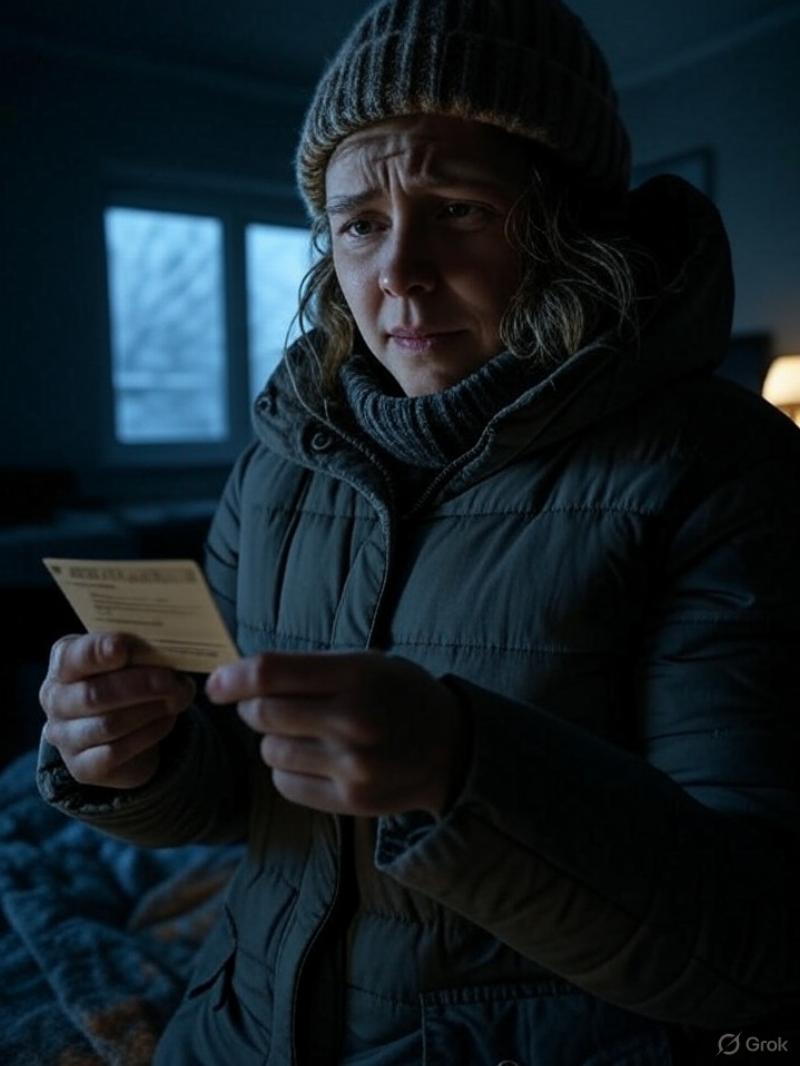


As the Dutch government goes “green” for the agenda of the progressive left, electricity rations are hitting the Dutch citizens. Here’s the story, from a report published yesterday at the Financial Times:
Thousands of businesses and households are waiting to connect to the Dutch grid, forcing network operators to ration power in an early indicator of what other European countries are likely to suffer as the speed of electrification increases.
More than 11,900 businesses are waiting for electricity network connections, according to Netbeheer Nederland, the association of Dutch grid operators. On top of that are public buildings such as hospitals and fire stations as well as thousands of new houses.
In some instances the rationing is so severe, and the delay for reliable and affordable electricity so long, that it’s “holding up economic growth” with officials admitting that it “could force businesses to rethink their investment plans.” Translation: thousands of businesses may go out of business before even getting into business.
Just how long you might ask? Six months with no electricity? A year? Try ten years in some places:
Despite efforts to invest in new cables and substations, new connections in some areas of the country will only become available in the mid-2030s, according to network operators.
The FT report also touched on the fact that “congestion” in grid connections is common across Europe, but is impacting Dutch citizens in a particularly painful way because the Dutch government was one of the “fastest” to initiate a transition to “green” energies without having any plan or infrastructure in place:
The Netherlands is among the countries in Europe to have moved fastest to electrify critical parts of the economy after it in 2023 ended production at its giant onshore gasfield, Groningen.
And, in the midst of the chaos, they’re realizing the cost to get the grid to the necessary capacity (that doesn’t include any more new growth) is an astronomical amount:
To provide the grid capacity required, the Dutch government estimates the level of investment needed in cables and new substations to be in the region of €200bn to 2040.
For reference, the Netherlands already has a shockingly high progressive tax structure, so there’s not really any room for levying new rates—the highest bracket is around 50%, which hits anyone making around €77,000. (Converted, this is around $90,000: imagine making 90k with the federal government taking a whopping $45,000 of it.)
Of that projected €200 billion cost (something tells me that it will likely be much higher when it’s all said and done), the consumers are expected to foot the bill for 90% of it:
Some of that [new grid investment cost] can be funded through the sale of Tennet’s [grid operator] section of the German power grid to private investors, which is valued at about €20bn, according to officials involved in the talks. But much of the rest will have to be covered by the amortisation of assets, with consumers fronting the cost.
Seems like maybe Zohran Mamdani ought to move to the Netherlands? He’d fit right in with government officials implementing asinine policies against all reason, sanity, and logic. I’d say we don’t have to live like this, but progressive voters with their uninformed (and frankly idiotic) ideas get to vote the same as we do, and their votes count just as much as ours.

Image from Grok.
